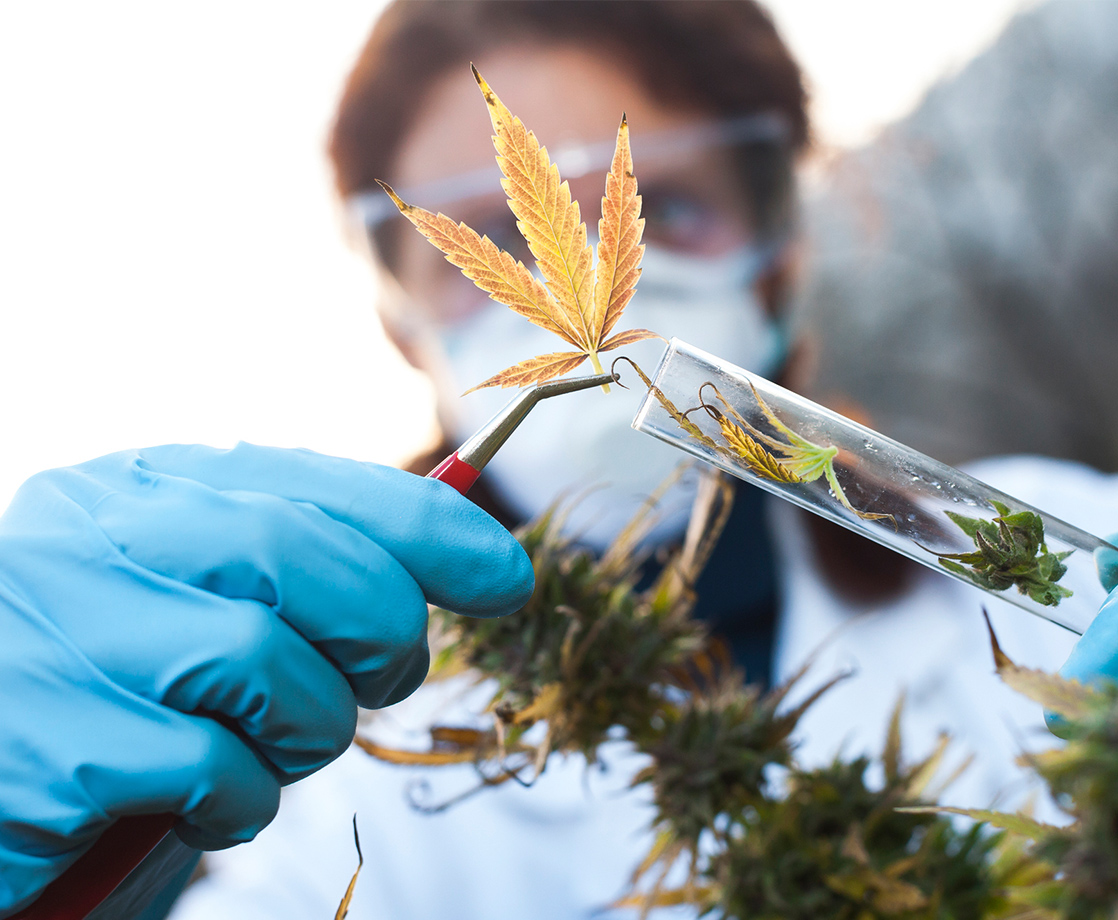The National Cancer Institute has updated its website to include information about several clinical studies in which cannabinoids have shown potential to fight cancer. As the NCI is a part of the Department of Health and Human Services, this marks an acknowledgment by the federal government that cannabis does indeed have potential as medicine. Yet despite this acknowledgment, cannabis is still listed as a Schedule I drug “with no currently accepted medical use.”
The NCI page for Cannabis and Cannabinoids lists several promising preclinical trials that highlight the cancer-fighting potential of cannabinoids. One of these studies found that CBD caused breast cancer cell death “while having little effect on normal breast cells.” Other studies in mice with breast cancer found that cannabinoids might decrease the growth, number, and spread of tumors.
The NCI also reports several more studies on mice and rats that have found that “cannabinoids may inhibit tumor growth by causing cell death, blocking cell growth, and blocking the development of blood vessels needed by tumors to grow. Laboratory and animal studies have shown that cannabinoids may be able to kill cancer cells while protecting normal cells.”
The page notes that two cannabinoid-based medications, dronabinal and nabilone, have been approved by the FDA for the treatment of symptoms brought on by chemotherapy. Another study has found that in addition to these nausea-fighting effects, CBD may make chemotherapy more effective and increase cancer cell death. Additional studies on mice have also found that CBD and delta-9-THC together can increase the effectiveness of chemotherapy.











